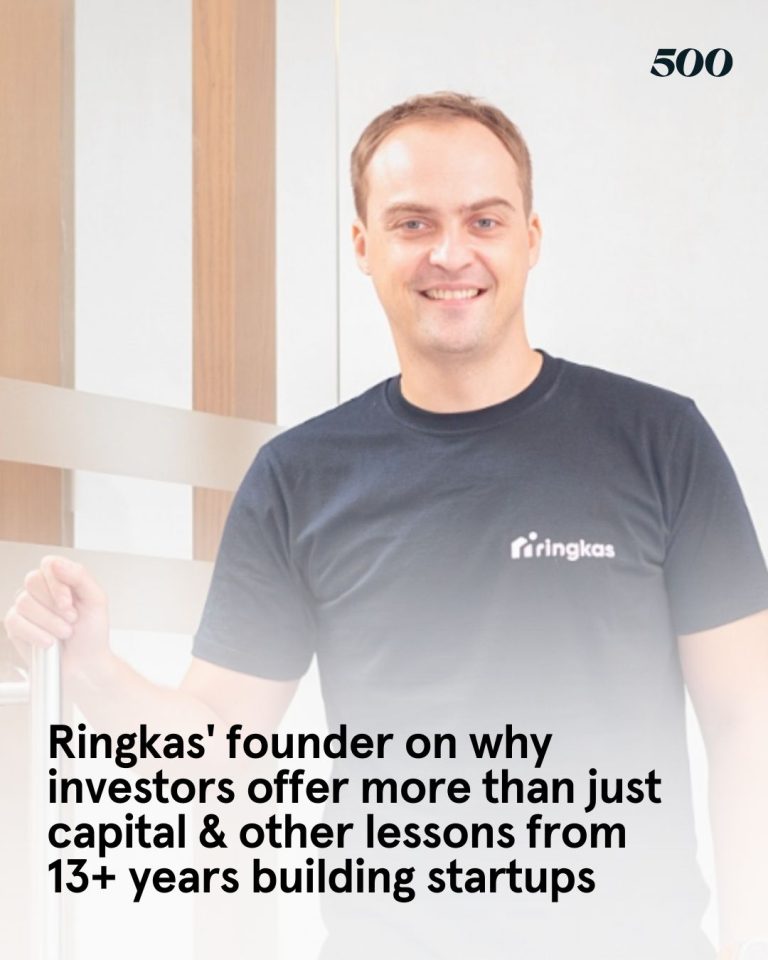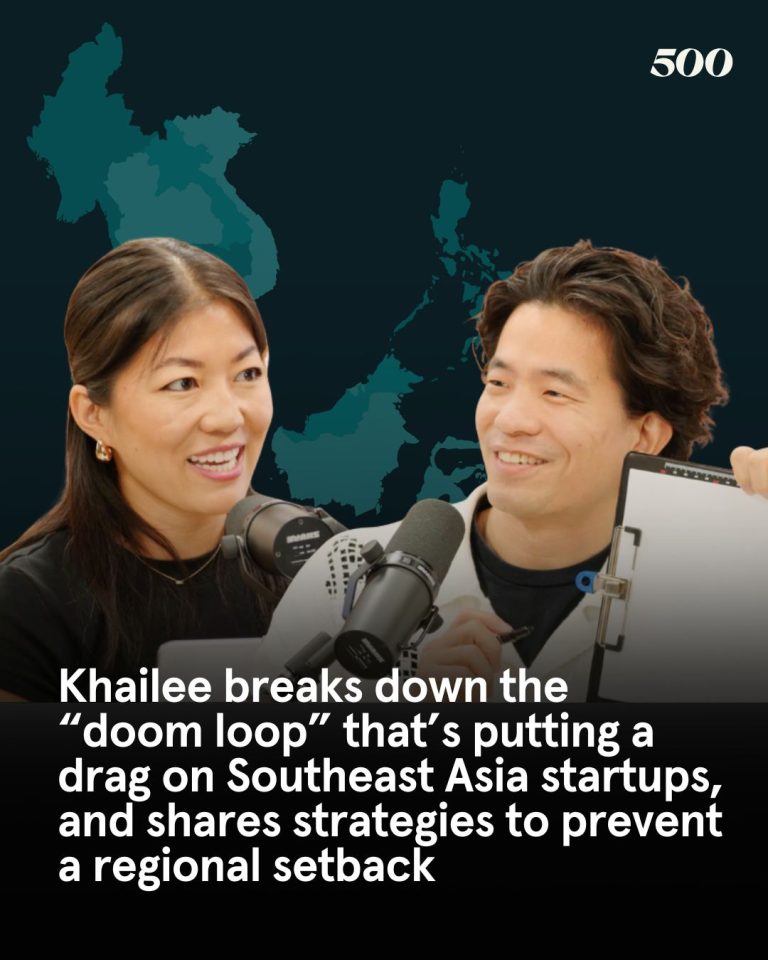Helping shoppers cart away with the best deals
- Many of us are feeling the pinch of inflation, and bargain-hunting is one way to fight the rising cost of consumer goods. 500-backed social commerce startup DealCart was founded to help e-commerce shoppers in Pakistan access affordable daily essentials, and they just raised US$4.5M.
- “The majority of Pakistanis are price-conscious and the current e-commerce landscape does not cater to their needs,” shared Co-founders Haider Raza and Ammar Naveed, adding that e-commerce retailers often tailor to the higher income segment by choosing to focus on selling premium items.
- DealCart is changing that by enabling group buys and deal sharing through messaging and social media platforms. Through group buys, consumers have the ability to purchase in larger quantities, unlocking lower prices — an advantage that’s also made possible because the startup sources directly from local manufacturers.
- The fresh funds will be used to build DealCart’s tech and product teams, as well as DealCart’s brand.
- Read the full story on TechCrunch.
A handshake on a handphone deal
- Speaking of deals, 500-backed recommerce group Carousell has just invested US$25M to acquire Laku6, an Indonesian electronics recommerce platform. This move is part of Carousell’s plans to expand its secondhand business across Southeast Asia.
- Laku6 enables the buying and selling of pre-owned mobile phones, and leverages its proprietary remote diagnostic technology to inspect the condition of secondhand mobile phones in under two minutes!
- To date, Laku6 has inspected and transacted 500,000+ mobile phones and served over 16,000 mobile phone merchants.
- Quek Siu Rui, co-founder & CEO of Carousell, said, “The electronics recommerce opportunity is one that is win-win-win: great for users with affordable like-new devices, beneficial to the environment as people sell and buy secondhand instead of new, and an exciting business opportunity with over 2.5X electronics recommerce growth potential ahead.”
- Read the full article on Tech in Asia.
From follower to leader
- “We started as a cookie-cutter e-commerce organization, copying Taobao out of China,” shared Teddy Oetomo, President of 500-backed ecommerce platform Bukalapak. “But we started to realize that if we are to penetrate into the Indonesia market, we need to have an offline presence. So, we started to tap into traditional convenience stalls.”
- Teddy added that the majority of Indonesia’spopulation lives outside Tier-1 cities, or – the top 5 largest cities in Indonesia.
- Working with mom-and-pop kiosks (warung) also allows the team to address issues such as low credit card penetration and low financial inclusion in Indonesia.
- Warungs can source goods in bulk through Bukalapak at more affordable prices, allowing them to sell to offline customers who don’t own credit cards. What’s more, this works not only for physical goods, but also for gaming products such as e-vouchers and in-game items!
- Warung owners can also pay utility bills, send money, and pay their taxes, all through the Bukalapak app. “They can serve customers just like a modern retailer, and this levels the playing field,” Teddy said.
- Listen to the full interview here.




